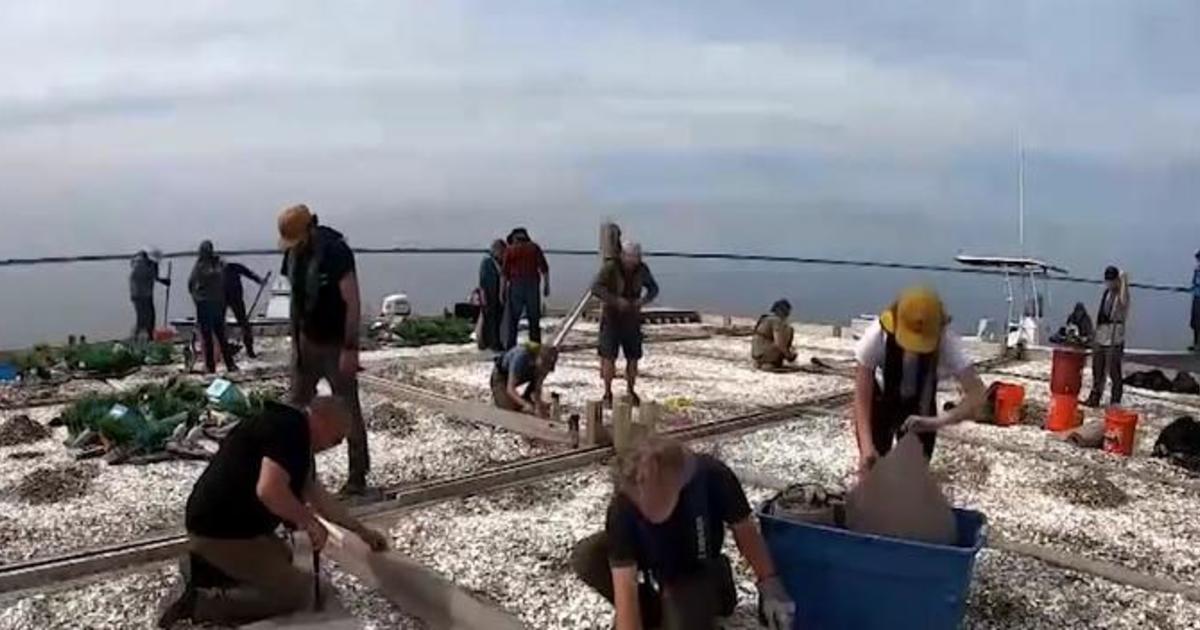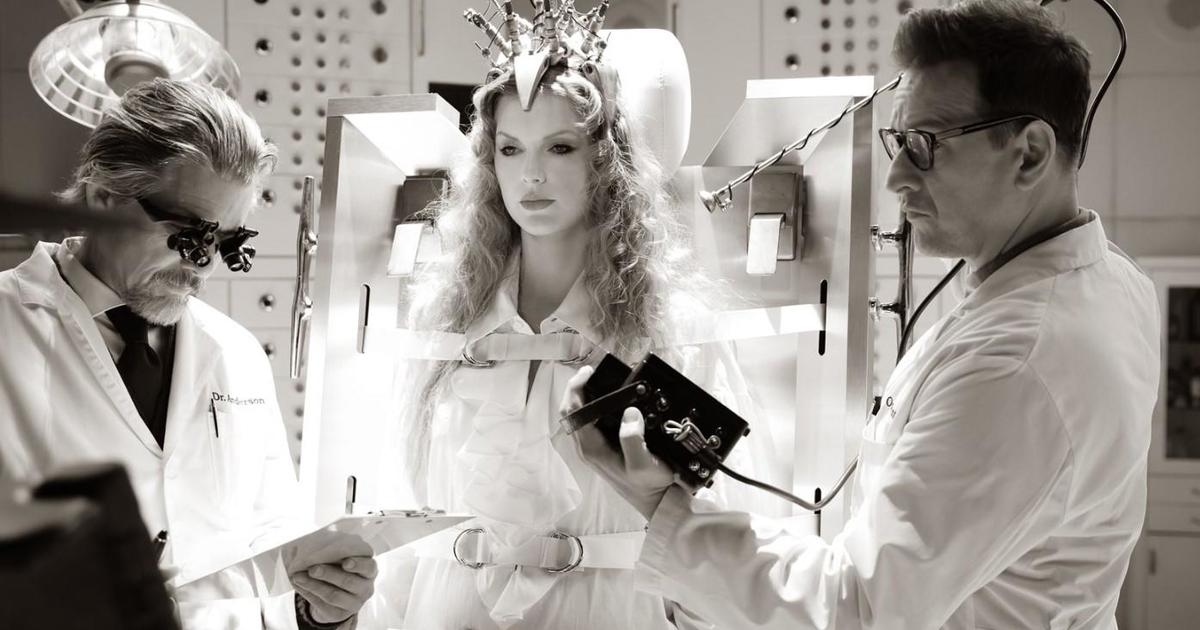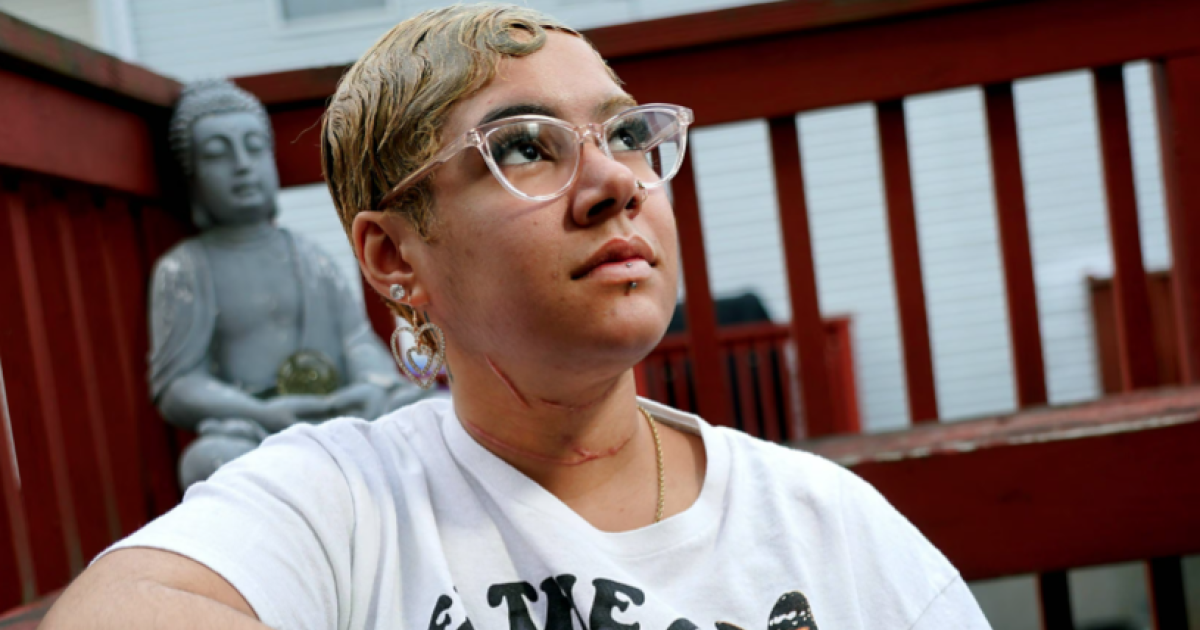Nonprofit Serving Md.'s Low-Income LGBT Community
By KRISTI TOUSIGNANT
The Daily Record of Baltimore
BALTIMORE (AP) -- Lee Ann Hopkins spends each day in a tiny brick-walled office crammed with books and fliers on FreeState Legal Project, of which she is the executive director -- and only employee.
"I wear all the hats," Hopkins said. "I am the executive director, the intake coordinator, case manager, trainer, outreach
coordinator, volunteer coordinator, attorney recruiter and trash can taker-outer."
Hopkins and a 19-member volunteer board run FreeState Legal Project, which provides legal aid to low-income lesbian, gay, bisexual and transgender Maryland residents.
The nonprofit, which celebrates its one-year anniversary May 23, was founded to address the specific set of legal issues facing the low-income LGBT community -- like same-sex marriage and divorce, discrimination, gender identification and name changes, Hopkins said. The group's role is also partly educational, Hopkins said, and they will meet with people or other organizations to discuss LGBT issues and the law.
------
The numbers
Last year, FreeState took on 54 cases. This year, Hopkins wants to double that.
"We haven't even scratched the surface," she said.
There are about 25,000 impoverished LGBT people living in the Baltimore area alone, Hopkins said. There is no other legal agency that focuses on the LGBT community in central Maryland, a 2009 survey commissioned by FreeState found.
A consultant hired by FreeState conducted a survey of 25 service providers to the LGBT population in the Baltimore area. Of those, 23 responded to the survey. When asked whether there was a need for a specific group to provide legal services to the LGBT community, 16 of the 17 who answered the question said there was a need.
Of those who responded to whether their groups provide legal services to the LGBT community, six of the 19 respondents said they did provide legal services, but 60 percent of these groups just provide referrals to legal services.
The survey also found that other nonprofit legal service providers did not have the resources to take on work-intensive
discrimination cases or deal with numerous small cases, like legally changing a client's name or gender.
In its first year, the group received 150 phone calls; in 130 of them, Hopkins said, she gave some legal advice over the phone.
People can call at set times -- Mondays and Thursdays from 9 a.m. to 1 p.m., Wednesdays from 5 to 7 p.m.
Hopkins collects information from the caller. If the caller qualifies as low-income, Hopkins forwards the person to one of more than 60 attorneys who do pro-bono or low-bono work for the group.
"We are the matchmaker," Hopkins said.
If she can't find an attorney who fits a case, Hopkins may handle the client herself.
Before taking the job at FreeState, Hopkins was the special assistant city solicitor in the Baltimore City Health Department.
She also worked at Baltimore Housing, which provides housing to low-income residents, and the Baltimore City Circuit Court's Pro Se Assistance Project in the Family Law Division.
She has also long been an advocate for the LGBT community, working as the executive director of a social justice organization in Massachusetts. Before getting her law degree, Hopkins also went to Episcopal Divinity School in Cambridge, Mass., where she picked up counseling skills she uses in her job today, she said.
"I wanted to change hearts and minds and also do something very concrete," Hopkins said.
------
The history
The idea for FreeState began in 2007 when a group of four attorneys and law students met to discuss whether LGBT legal needs were being met in Baltimore, said Venable LLP associate Aaron S. Merki, who was part of the original group while he was a second-year law student at the University of Maryland Francis King Carey School of Law.
After six months, the group formed an advisory board of 10 people to discuss ways to raise money. The group decided it had to prove there was a need for the service with data in order to attract donors, so members commissioned the 2009 survey.
Once the group had the survey results, the board started reaching out to people in the philanthropic community for support, Merki said. The group received a $20,000 donation from the John J. Leidy Foundation, a Towson group that gives grants to state nonprofits, a huge step in making the nonprofit a reality, Merki said.
Then the board started planning. Members developed the model for the nonprofit.
"We took the time to plan and research at the outset rather than just sort of diving into it right off the bat," Merki said.
In 2010, the group hired a part-time director, and in 2011, the board hired Hopkins as a full-time executive director. The group officially opened its doors to clients last year.
Hopkins runs an office on West Chase Street in the Gay, Lesbian, Bisexual and Transgender Community Center of Baltimore & Central Maryland, a space shared with other LGBT groups.
She said the group started its outreach last year by going to the Baltimore Pride celebration in June and handing out fliers, information and, of course, strings of beads. Hopkins said that event alone catapulted the group into the public eye and word spread quickly.
------
The casework
The key to FreeState, Hopkins said, is that the group will take on legal cases that are not handled by other nonprofits, like gender identification changes, in an environment that is comfortable for low-income LGBT individuals.
Hopkins said they deal with a lot of same-sex couples who got married in another state seeking a divorce, cases of transgender residents being discriminated against when looking for work or housing and even a case where a local school failed to punish students who bullied another student for being gay. The group helps same-sex couples with adoptions.
The group also deals with the legal issues surrounding transgender residents legally changing their genders and names.
"Sometimes, transgender individuals face extreme hardship and discrimination because their documentations don't match with how they present themselves," Hopkins said.
FreeState also hosts what they call Will Power Parties, which are events where LGBT residents and attorneys casually gather in a happy-hour-like environment to talk about setting up estate planning as a same-sex couple. The events are casual, with finger foods and door prizes, Hopkins said.
The group hosted two parties last year, but Hopkins said she hopes to make them quarterly.
------
The clients
Ellen and Traci, clients of FreeState, called the group "a miracle."
The couple legally married in Colorado more than 13 years ago, before Traci, who was born male, transitioned to a female. They have asked to use only their first names in order to protect their privacy, since Traci's co-workers are not aware of their history.
The couple moved to Maryland in March last year when Traci got a new job. That April, while Traci was filling out her paperwork for health insurance, the human resources representative told her the insurance would not cover same-sex couples.
The couple had just bought a townhome in mid-April, when Ellen had a mini-stroke and ended up in the hospital.
The couple's old insurance would last them only through October.
Ellen started researching options. She said she called a number of government agencies, but no one knew what to tell her.
"They had no idea what to do," Ellen said. "People haven't dealt with this kind of issue a lot, and neither have I."
She was eventually referred to FreeState by another attorney. Hopkins took on their case. After negotiating for about 2 1/2 months, the company granted the couple health insurance.
"It was pretty scary there for a little bit, but FreeState Legal just went to bat for us," Ellen said.
------
The need
Mark F. Scurti, a partner at Pessin Katz Law P.A. who is on the board for FreeState, has been practicing LGBT law in Maryland for 20 years. In his practice, Scurti said, he sees the greatest demand for representation in discrimination in employment and housing, followed by family law -- adoption and custody issues for same-sex couples.
Scurti said many people in the low-income LGBT community do not go to other free legal aid organizations, because they think those groups weren't designed to deal with LGBT-related issues and almost feel like they would have to go through the "coming out" process all over again.
"There was a perception that their issues were not something these organizations can handle or there was a perception that they were not warm and friendly, which is clearly not the case, but that was the perception," Scurti said.
Shawn Boehringer, chief counsel at Maryland Legal Aid, said his organization deals with the LGBT community on a regular basis, especially through a federal grant targeting the legal problems of people with HIV/AIDS. It also handles a limited number of employment cases, Boehringer said, but it does not do any name-change work or estate planning for LGBT individuals, like FreeState.
"There is a niche there they have identified," Boehringer said. "There is an unmet need there they are addressing through
their work that we would probably not address at Legal Aid. To have one group focus on those issues I think is entirely
appropriate and needed. To have an organization that focuses on that issue, that puts some life into the protections that community now has."
------
The future
In its first year, the group limited its outreach efforts so as not to overwhelm itself in the beginning stages, Merki said. Next year, he said, the board wants to expand its outreach efforts not only to the low-income LGBT community, but also to other attorneys interested in doing pro-bono work and to judges and the general community.
Merki said they have not decided how they will market the group yet, but will likely discuss it at a strategic planning meeting in a few months.
"It's a constant process," Merki said. "With a good nonprofit, you should always be figuring out what needs are out
there that haven't been identified that you can identify."
In the distant future, Merki said the group hopes to hire more staff and eventually expand to other locations in the state and even bring the nonprofit to other parts of the country to use as a model. He said the group also wants to increase outreach in local school systems about bullying issues.
"We want to take baby steps and not get ahead of ourselves," Merki said. "That results in an organization falling apart."
The group faces a fundraising challenge this year in competing with the same-sex marriage issue, Hopkins and Merki said.
The Maryland General Assembly approved same-sex marriage this spring, and the public will vote on its passage in a fall referendum.
Hopkins said while the group is glad same-sex marriage could be legalized in the state, the issue will attract a lot of donors that may have given to FreeState.
"So much money and attention is going to gay marriage that low-income LGBT individuals will be left by the roadside, and they won't benefit from all this movement and all this change that's happening," Hopkins said. "A lot of low-income LGBT individuals may not get married and may not be able to afford to get married."
At this point, Merki said the group has raised more than $100,000, the bulk of which it has spent getting the organization started and running it for a year.
"We are impressing upon donors that this is an extremely innovative program that combines public education outreach as well as provisional legal services," Merki said. "We believe Baltimore can lead the way in advancing the interests of low-income LGBT persons."
(Copyright 2012 by The Associated Press. All Rights Reserved.)



